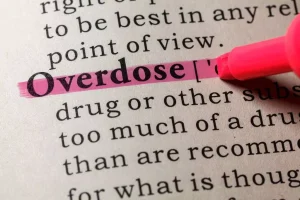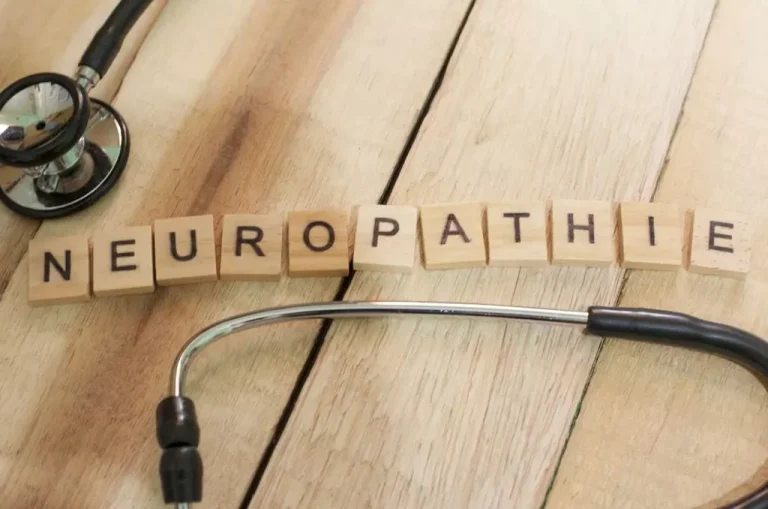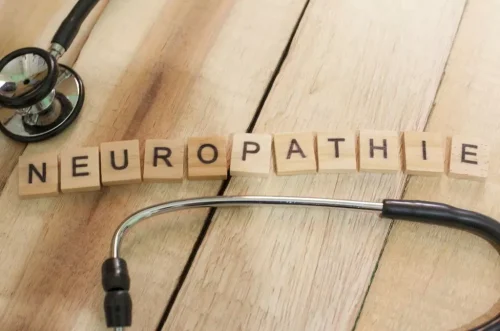
They conduct therapy sessions that supply individuals with the guidance, support, and accountability needed during recovery. These sessions foster an environment where participants can openly discuss their challenges without fear of judgment. Addiction is a chronic and relapsing condition that is treatable with the right evidence-based therapies. For most people, going to rehab helps them detox from drugs or alcohol safely. Beyond this, ongoing treatment enables individuals to unpack the psychological aspects of substance use disorder. Read on to find out why people decide to go to rehab and discover how to connect with effective addiction treatment.

Life Skills and Career Support
- Integrating mental health care with addiction treatment helps individuals understand the root causes of their substance use and develop more effective coping strategies.
- Find out why some people are more prone to this common throat condition, how to soothe the pain, and how this condition can be prevented.
- Although rehab programs can give you the tools you need to begin the recovery process, it’s ultimately up to you to use them.
Discover how to build your recovery toolbox with essential tools for emotional well-being and support. Discover what Vivitrol is and how it aids recovery, from effectiveness to long-term sobriety benefits. Explore the risks of driving under the influence of prescription drugs and stay safe on the road. Explore the mental effects of alcohol, from immediate impact to long-term consequences, and protect your brain health. Master how to avoid alcohol and gambling triggers with effective strategies and proven methods.

Who Would Most Likely Develop an Alcohol Addiction in Adulthood?
Folks aren’t just shaking off addiction; they’re also claiming their health, paving the way to a richer, sober existence. For more on how sticking to a routine can be a game-changer, swing by our piece on how can routine in recovery help you or loved one. Options like acupuncture or art let people express themselves and ease the pressure cooker in their heads. Focusing on both physical and mental health makes it more likely that those in recovery will stay clean and sober, armed with all they need to keep going strong. Contact a treatment provider today to find available treatment centers.
Therapeutic Interventions in Rehab
Discover insights on going through marijuana withdrawal, from symptoms to recovery strategies for lasting change. Explore the riveting history of addiction treatment & rehab, from ancient methods to modern advancements. Explore the history of addiction, from ancient substance use to modern understanding and treatment. Another common misconception is the idea that alcohol is less addictive than illicit drugs. In fact, alcohol can have equally severe consequences and can lead to dependency just like other substances. In reality, addiction alters brain chemistry and requires comprehensive support for recovery.
GATEWAY REHAB’S FOUNDER DR. ABRAHAM TWERSKI SPEAKS ON UNDERSTANDING SUFFERING

Your treatment team can discuss with you what worked the first time and what should change the second time. If you don’t feel you can advocate for yourself, seek the help of others so you make sure you get what you need this time. How you think about your relapse is important and can strongly influence the next steps you take.
Building a robust network of support and accountability not only alleviates the burden of addiction but also significantly increases the likelihood of sustained recovery. Address any financial, legal, or work-related obligations beforehand, such as notifying your employer and setting going back to rehab up automatic bill payments. Informing family and friends about your decision helps in building a supportive network.
- Among the 48 million U.S. adults with diagnosable addictions, 10 million went to rehab in 2022.
- This is because of the changes that occur in the body once you stop using substances.
- Having to return to rehab isn’t a sign of weakness; rather, it’s a sign of a person’s commitment to long-term sobriety.
- Engaging with rehab sooner helps individuals address triggers and underlying issues, ultimately leading to a renewed perspective on life and a path toward lasting recovery.
- Get insights into recovery timelines and support systems for lasting change.
What Is Mental Health Awareness Month?
After a week or so, you will be ready to transition directly into an inpatient treatment program or to start attending outpatient treatment sessions. Detox will address the physical aspect of dependence, but ongoing therapy is required to deal with the psychological component of drug addiction or alcoholism. Following a relapse, returning to treatment isn’t necessary for everyone. However, getting back into weekly Substance abuse therapy or consultations may help you overcome your ongoing difficulty. You may need to contact your support network and attend events more regularly. Joining a support group might help you feel less alone in your quest for sobriety and provide you with a network of people who understand what you’re going through.